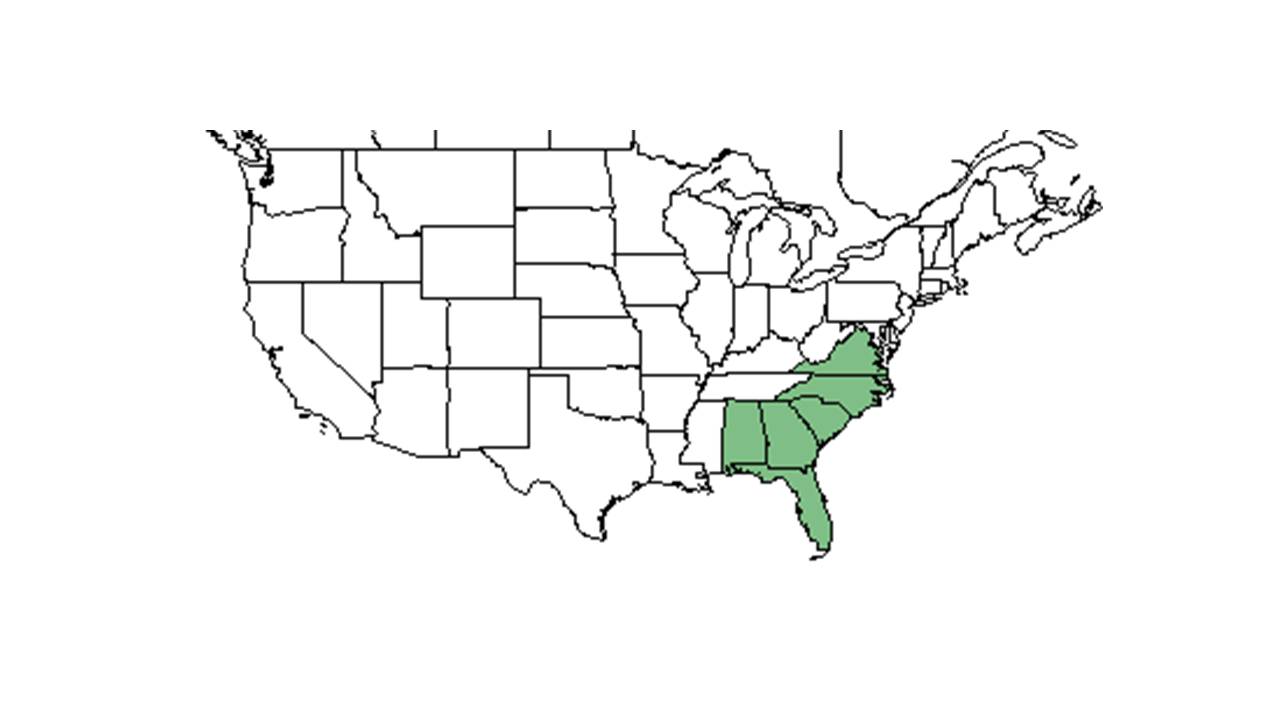Pediomelum canescens
| Pediomelum canescens | |
|---|---|

| |
| Scientific classification | |
| Kingdom: | Plantae |
| Division: | Magnoliophyta - Flowering plants |
| Class: | Magnoliopsida – Dicotyledons |
| Order: | Fabales |
| Family: | Fabaceae ⁄ Leguminosae |
| Genus: | Pediomelum |
| Species: | P. canescens |
| Binomial name | |
| Pediomelum canescens (Michx.) Rydb. | |

| |
| Natural range of Pediomelum canescens from USDA NRCS Plants Database. | |
Common name: buckroot
Synonym: Psoralea canescens Michx.
Contents
Description
Pediomelum canescens is a perennial herbaceous species with a bushy growth habit (FSU Herbarium).
Distribution
Ecology
Habitat
“It occurs in sandy areas of the Coastal Plain from North Carolina to Florida and Alabama.”(Graham 1941).
Phenology
“A widely branching perennial herb 1 to 3 feet tall, with loose spikes of dark-blue flowers and 1 to 3 foliolate laves (Graham 1941)
Seed dispersal
Seed bank and germination
Fire ecology
Pollination
Use by animals
“The seeds have been found in stomachs of the bobwhite.”(Graham 1941) Fire ants are not interested in P. canescens seeds (Cumberland et al. 2013).
Diseases and parasites
Conservation and Management
Cultivation and restoration
Photo Gallery
References and notes
Cumberland, M. S. and L. K. Kirkman (2013). "The effects of the red imported fire ant on seed fate in the longleaf pine ecosystem." Plant Ecology 214: 717-724.
Florida State University Robert K. Godfrey Herbarium database. URL: http://herbarium.bio.fsu.edu. Last accessed: June 2014. Collectors: Robert Kral, Mabel Kral, O. Lakela, R.K. Godfrey, H. R. Reed, Loran C. Anderson, T. MacClendon, K. MacClendon, Cecil Slaughter, Travis Richardson, Steve L. Orzell, E. L. Bridges, A. F. Clewell, Sidney McDaniel, Raymond Athey, Richard D. Houk, Raymond Athey, R. A. Norris, R. Komarek, H. E. Ahles, J. Haesloop, J. R. Burkhalter, LK Kirkman, A. Gholson, D. Wolfe, Annie Schmidt, A. Johnson, and M. Jenkins. States and Counties: Florida: Bay, Calhoun, Citrus, Clay, Dixie, Duval, Escambia, Franklin, Gadsden, Hamilton, Hernando, Highlands, Hillsborough, Jackson, Leon, Madison, Okaloosa, Santa Rosa, Suwannee, Taylor, Wakulla, Walton, and Washington. Georgia: Baker, Lowndes, and Thomas. North Carolina: Hoke. Alabama: Baldwin, Geneva, and Henry.
Graham, E. H. (1941). Legumes for erosion control and wildlife. Washington, USDA